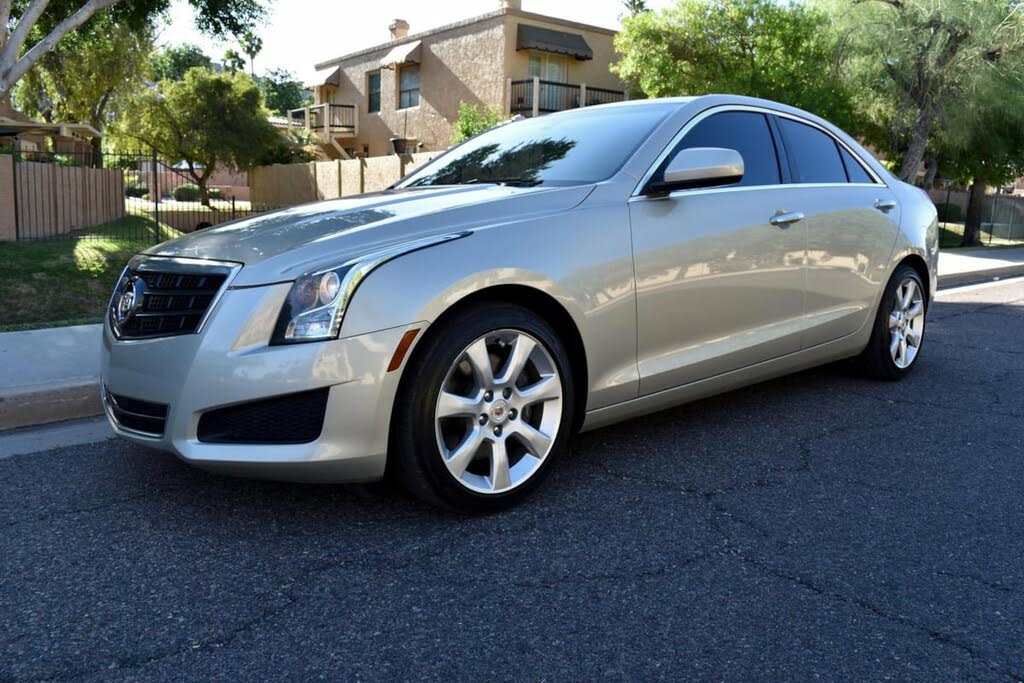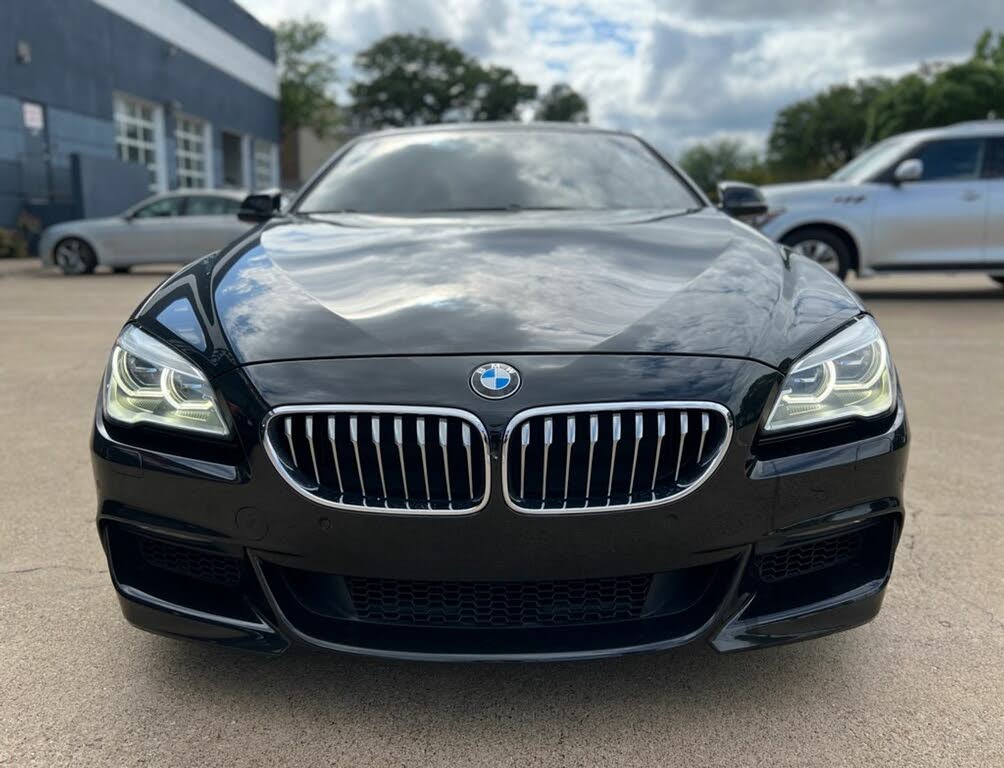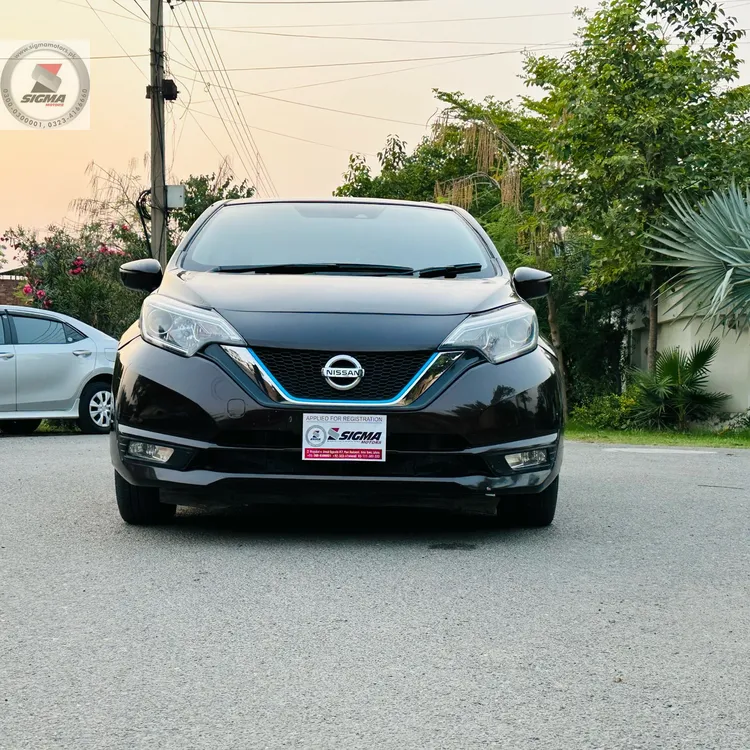Home > News & Blogs > 5 Hidden Costs of Car Ownership You Shouldn't Ignore
5 Hidden Costs of Car Ownership You Shouldn't Ignore
The True Costs of Car Ownership: What You Need to Know
Introduction
Owning a car involves much more than the upfront purchase price. While fuel is often top of mind, other costs like insurance, registration, and maintenance can add up over time. Understanding these costs helps you make informed decisions and budget effectively, ensuring your vehicle remains a valuable asset for years to come.
--TOP ADVERTISEMENT HERE--
Vehicle Registration Costs
Registering your car is mandatory and varies by state. When purchasing from a dealership, they often handle this for a fee. If buying privately, you’ll need to manage it through the DMV. Registration fees depend on factors like your vehicle’s age, value, or a flat rate set by the state. Emissions testing might also be required in some areas to ensure compliance with environmental standards. Electric vehicles are often exempt from these tests, adding a cost-saving advantage.
Planning ahead for annual renewals is key. Additionally, registration fees might be tax-deductible, depending on your location. Always confirm with a tax professional to maximize potential savings.
Insurance Costs
Car insurance is a legal requirement in most states, designed to protect you financially in case of accidents. Premiums are influenced by factors such as your driving history, age, type of vehicle, and coverage levels. Opting for minimum liability coverage might save money initially but could leave you exposed to significant financial risks.
--FIRST CONTENT ADVERTISEMENT HERE--
To save on insurance, compare quotes from multiple providers, bundle policies, and take advantage of discounts for safe driving, good grades, or owning eco-friendly vehicles. Regularly reviewing and updating your coverage ensures you’re adequately protected while optimizing costs.
Fuel Costs
Fuel expenses are an ongoing part of car ownership, and fluctuations in gas prices can impact your budget. Strategies like joining fuel rewards programs, using credit cards with cashback benefits, or adopting fuel-efficient driving habits can help reduce costs. Combining errands, carpooling, and driving at consistent speeds also improve fuel efficiency.
Switching to an electric vehicle (EV) offers long-term savings. EVs not only reduce fuel costs but also minimize maintenance expenses due to fewer moving parts. Many regions provide tax credits or incentives to encourage EV adoption, making them a financially and environmentally sound choice.
Maintenance and Upkeep
Regular maintenance is crucial for extending your car’s lifespan. Routine services like oil changes, tire rotations, and brake inspections prevent costly repairs down the line. Ignoring minor issues can lead to significant problems, especially as your vehicle ages.
--SECOND CONTENT ADVERTISEMENT HERE--
Deciding between a dealership and an independent mechanic depends on your car’s age and specific needs. Dealerships often use genuine parts and have factory-trained technicians but can be more expensive. Independent mechanics may offer cost-effective solutions, particularly for older vehicles. Building a relationship with a trusted mechanic ensures reliable service tailored to your car’s history.
Vehicle Depreciation
Depreciation represents one of the most significant hidden costs of car ownership. New vehicles lose the most value within their first five years. Some models retain their value better than others, while rare or collectible cars might even appreciate over time.
--FORTH CAR LIST HERE--
Leasing or buying certified pre-owned (CPO) vehicles are great ways to mitigate depreciation. CPO vehicles provide the assurance of a manufacturer’s warranty and lower upfront costs compared to new cars. Understanding your car’s depreciation curve helps in planning resale or trade-in strategies effectively.

motorvero013
Last Updated On Feb, 02-2025











